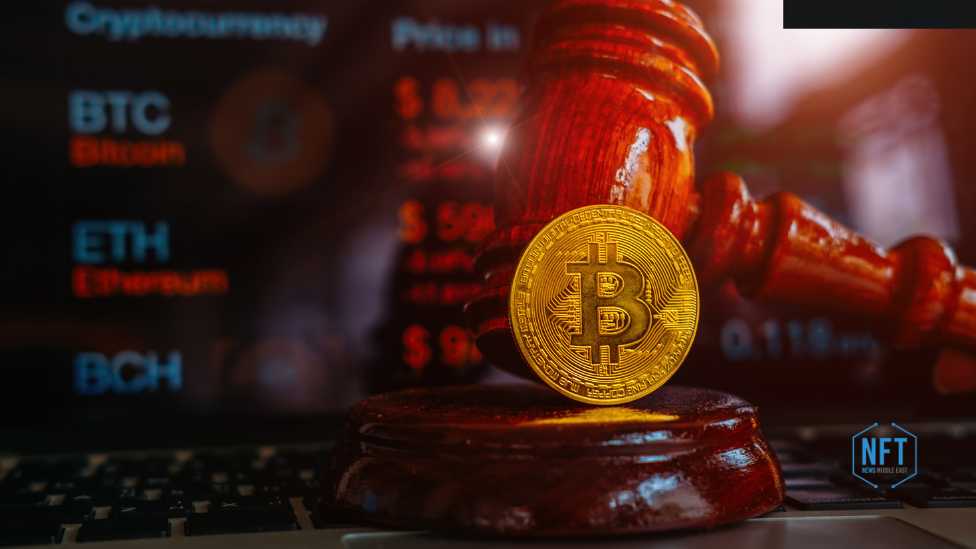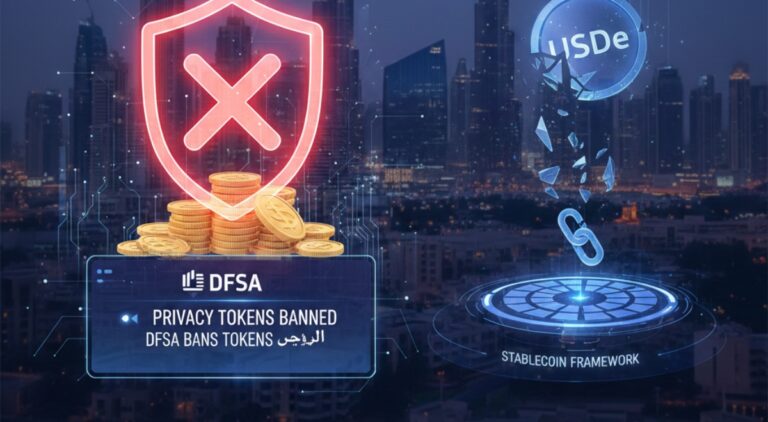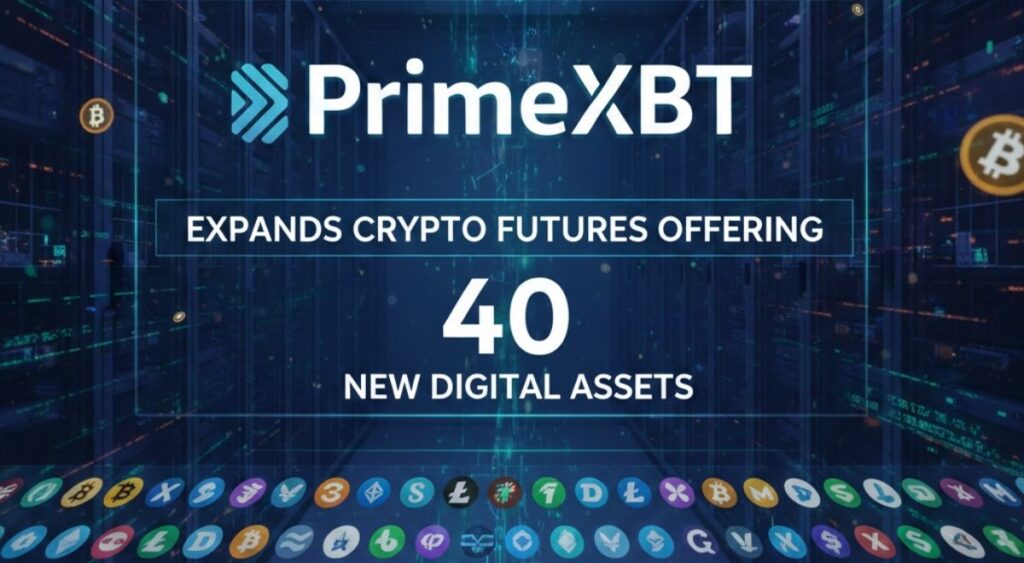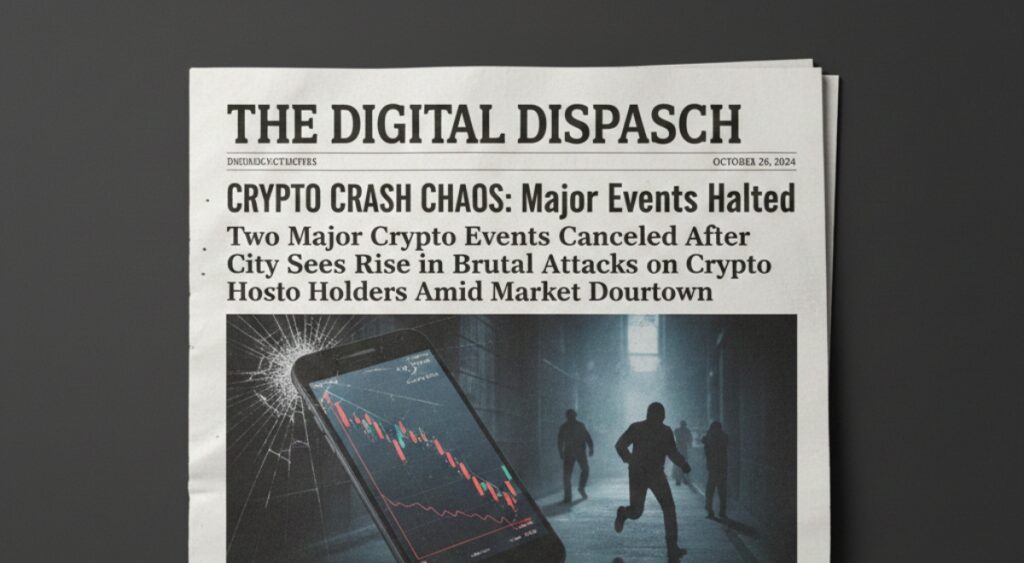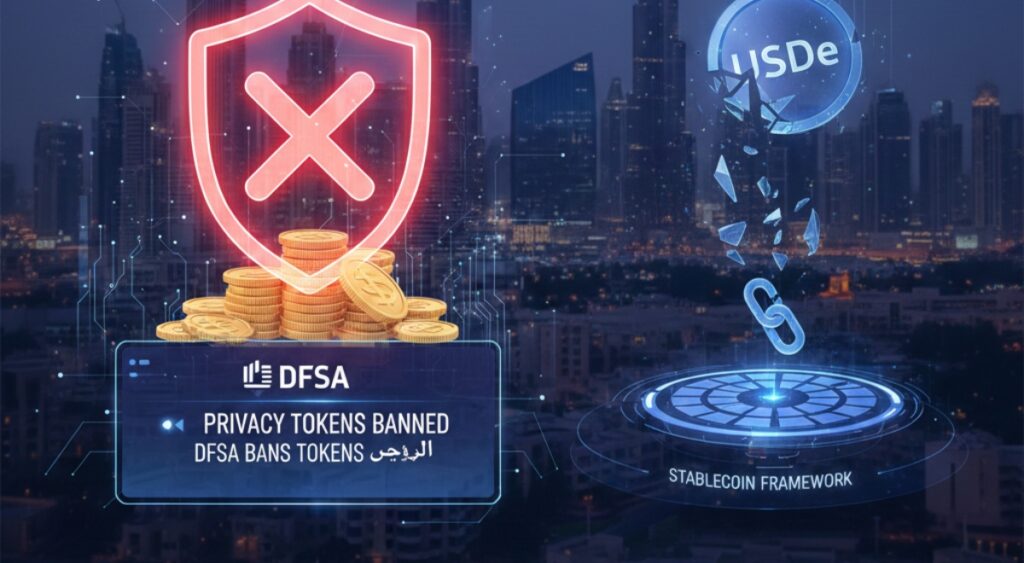It is no gainsaying that NFTs are a digital asset that has taken the world by storm. They have transformed digital transaction aspects and become synonymous with Intellectual Property Rights and creativity. However, in some countries, the advantages that NFTs bring to the table are less glaring than others because of legal prohibition. Despite their growing popularity, many countries in Asia, Africa, and the Middle East have taken the initiative to legislate against NFTs. Can the same be said of the United Arab Emirates? In the sections below, we examine the legality of NFT (Crypto) in the United Arab Emirates (UAE).
Is NFT Legal in the UAE?
The answer to whether NFTs are allowed in the UAE is that no express law prohibits NFTs. This is a testament to the country’s progressive stance and rapid embrace of new technology and Web 3.0. The UAE’s approach has been somewhat liberal regarding the use and trade of NFTs, indicating a promising future for this digital asset. However, it’s important to note that the lack of a clear prohibition or allowance of NFTs in the UAE indicates that the legal climate surrounding these digital assets is still evolving. Various bodies monitor the dealings in NFTs and provide regulatory instructions for trading in them.
The UAE also offers free zones where individuals and businesses can establish centers and directly benefit from such. For instance, the Dubai Multi Commodities Centre, among other things, allows for the operation of several businesses and trade, including that of NFTs. Companies within the zone enjoy tax and corporate benefits, creating an attractive environment for NFT-related businesses. This setup ensures a diverse customer base, attracting customers from all walks of life.
Can you Use NFT in the UAE?
Now that you know that the UAE government has no explicit stance prohibiting the use of NFT (crypto), it seems evident enough that it is not illegal. In that way, the technology has been used and is still used nationwide. The regulatory approach for NFTs in the UAE usually concerns their application, and you should have no issue if it is used for legal purposes. Additionally, the Abu Dhabi Global Market and the Dubai International Financial Centre have taken up the prerogative of establishing regulations for NFTs and cryptocurrencies. The Securities and Commodities Authority and the Central Bank of the UAE have also issued some regulatory standpoints relating to NFTs within the country. However, rest assured that these do not prohibit NFTs or make them illegal; they are simply to protect investors and traders to ensure some oversight and control over that area of virtual assets and to prevent them from being used to perpetuate crimes.
Frequently Asked Questions
Is it legal to buy and sell NFTs in the UAE?
The UAE does not have any laws that specifically prohibit the buying or selling of NFTs.
Can NFTs be used for commercial purposes in the UAE?
NFTs can be used commercially to support technological and digital businesses.
Are there any specific regulations for NFTs in the UAE?
While there are no specific NFT regulations, the UAE does regulate crypto assets, which could extend to NFTs depending on their use and characteristics
Do I need a special license to sell NFTs in the UAE?
Depending on the emirate and the nature of the NFT, certain regulatory requirements and licensing might be needed, especially if the NFT involves financial or investment services
Are there any risks involved in trading NFTs in the UAE?
As with any investment, trading in NFTs involves risks including market volatility and regulatory changes.
How are NFT transactions taxed in the UAE?
Currently, there are no specific tax guidelines for NFT transactions in the UAE
Can NFTs infringe on intellectual property rights in the UAE?
Yes, if an NFT includes copyrighted material, it does not automatically transfer copyright ownership
Conclusion
Given the UAE’s standpoint regarding the liberal use of technology, it seems reasonable to expect that the country will have no issues with the use of NFT (crypto). Of course, the fact that no rules expressly allow it may pose a regulatory loophole for unsuspecting users. For this reason, we advise that you consult a legal professional to ensure that the use and deals with NFT come with implicit and explicit regulations.

